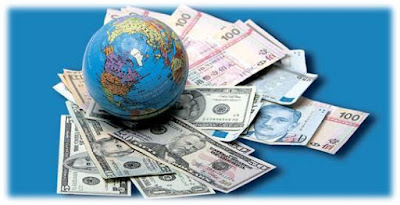Q1. How could we measure cultural globalization?
Each country has its own culture and the degree to which the world's people are watching and liking it is a way to measure its cultural globalization. For example, Korea wave is very popular around the world.
It is also one of the cultural globalization that President Moon Jae-in visited Korea and invited popular actors Song Hye Kyo and Chu Ja Hyeon-Woo Hyo Kwang to make a good atmosphere. Thus, cultural globalization is not a new culture, but rather how popular the individual culture of each country is popular and interested by people with different cultures.
Q2. How could a fusion culture look in 100 years?
Over the next 100 years, the battle of fusion will be a battle between China and the United States. Currently, the United States is leading. If the World Summit Meeting is also called the G2, we are now talking about the United States and China.
There are factors that enable fusion.
1. Computer function development and price decline 2. Expansion of broadband capacity 3. Standardization of network structure 4. Networked open platform 5. Network effect 6. Deregulation 7. Globalization
Computer functions will continue to evolve and Facebook is planning to connect the entire world with broadband, the platforms are becoming more diverse and the ability of others to consume more in the years to come. The government also supports these new media, and globalization is already underway.All of these elements above have really hit the U.S. That is why the United States now led the world. As you can see by the present situation, however, China has also opened itself to all of these elements. The fusion culture of 100 years to come will be that of America and China.








